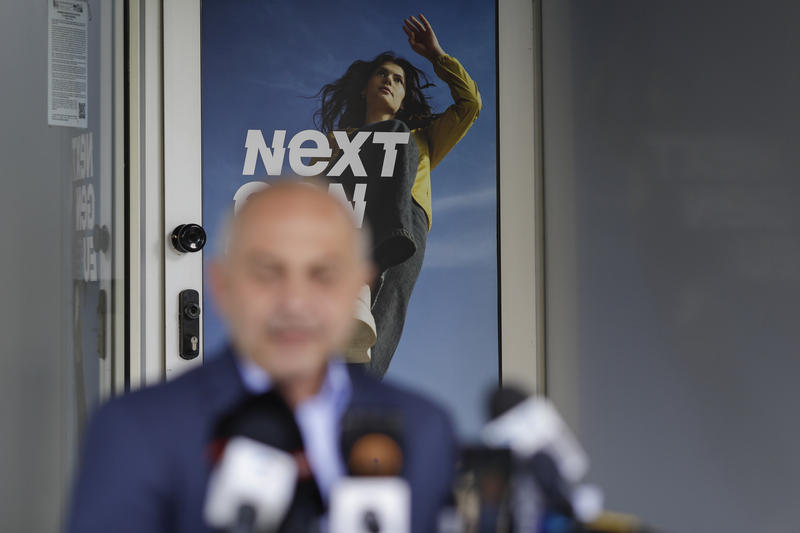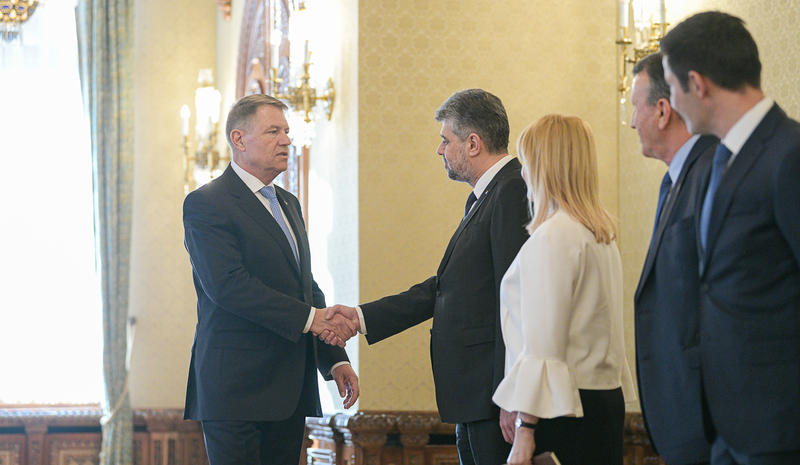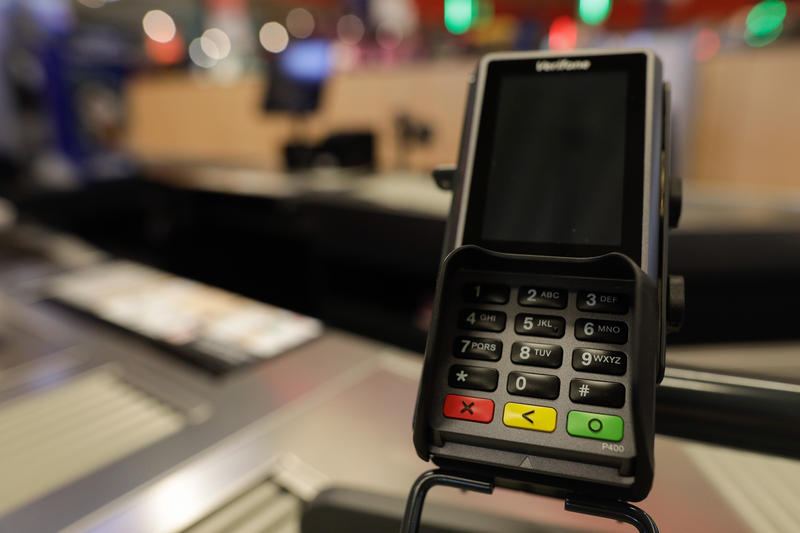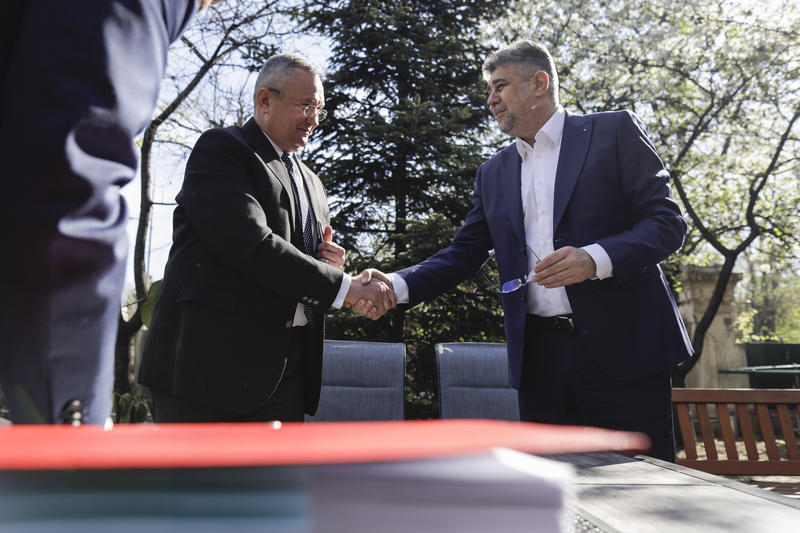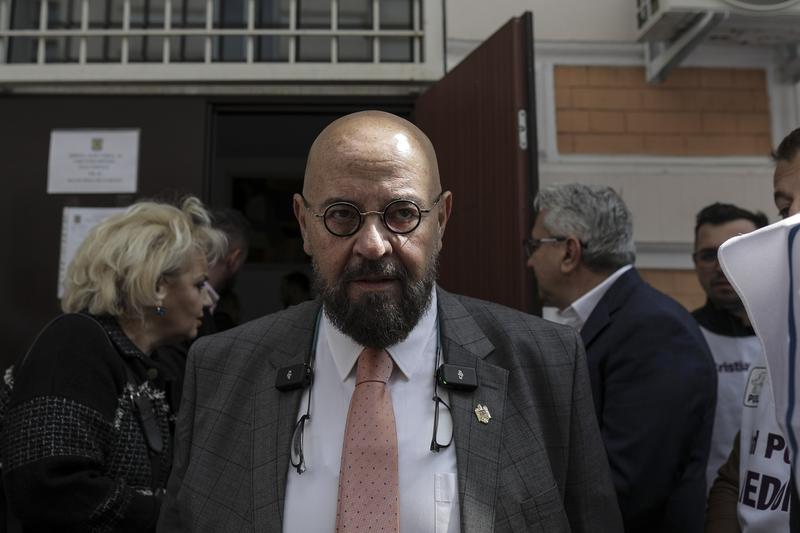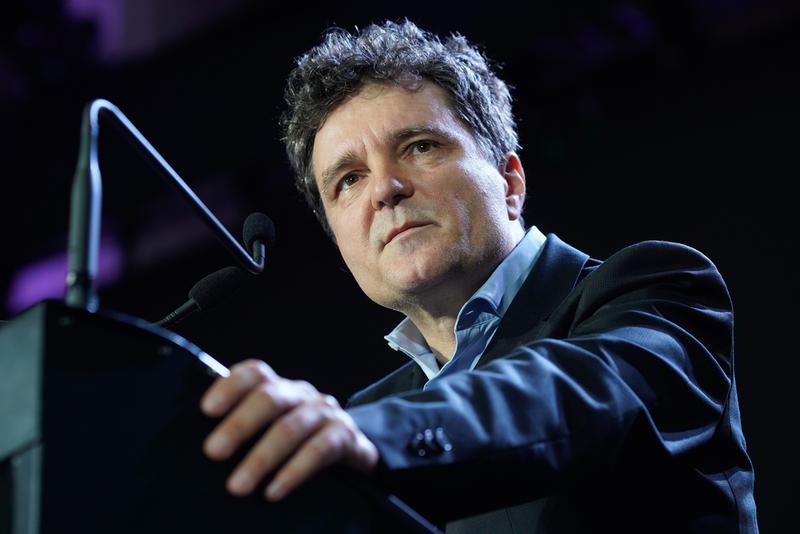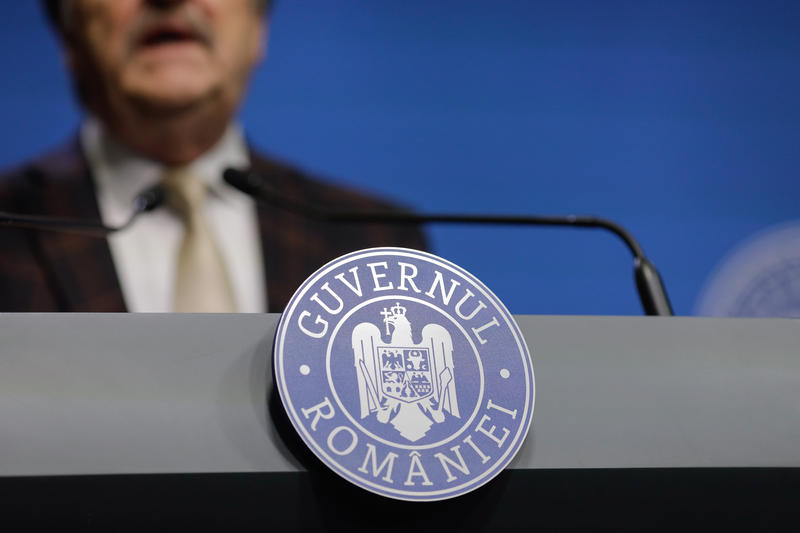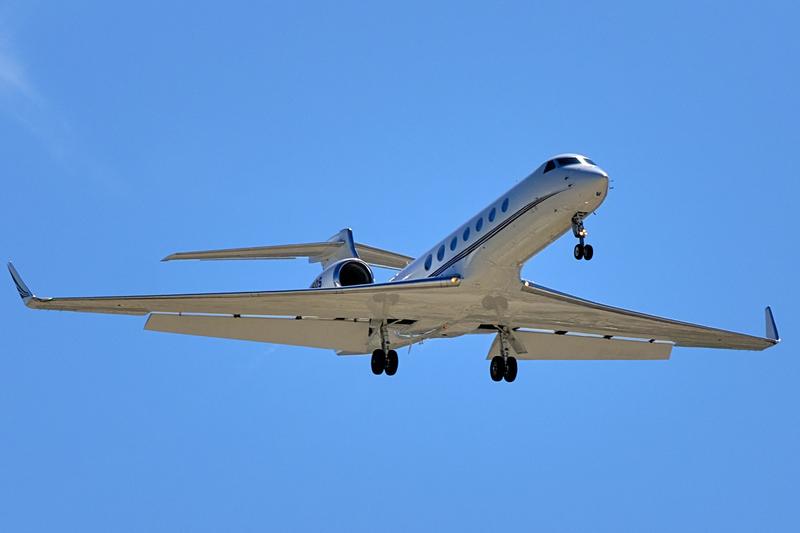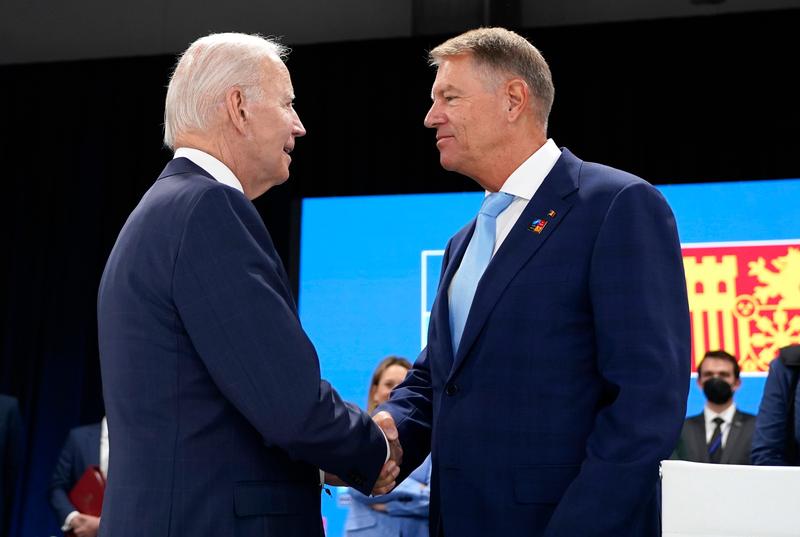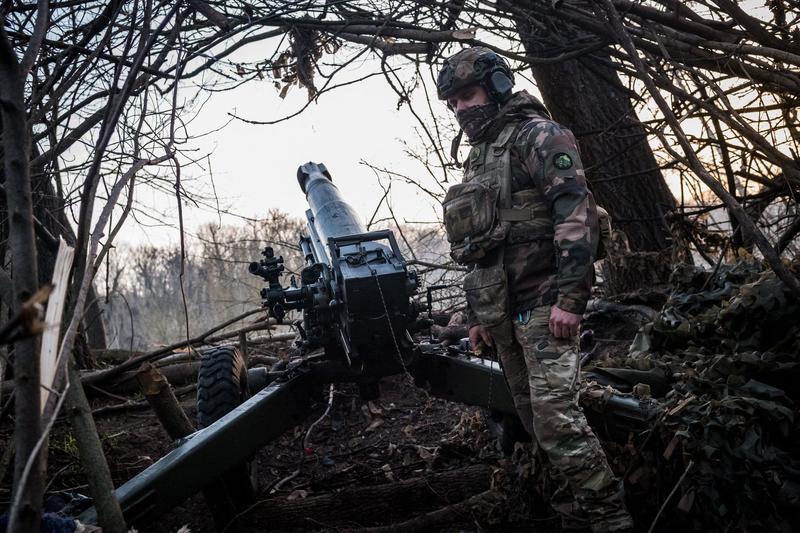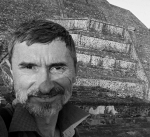Ex-Romanian president Ion Iliescu told Russian journalists fromVremia novostei that he did not know who opened fire during the 1989 Revolution. "It's still an enigma. I believe it was a structure prepared by Ceausescu for troubled times, for guerrilla fights in urban conditions in case the country should be occupied. That is a group of people extremely devoted to Ceausescu". Iliescu noted that Romanian - Russian relations would have improved if Mircea Geoana had been elected president with December 6 elections, because "he has an openness and a different intellectual training compared with Basescu, whose political mindset id primitive".
- Asked about he debates abut the nature of the events 20 years ago in Romania, namely state blow, revolution or the "December 1989 events" tag, Iliescu replied that "the Romanian Revolution was part of an extensive collapsing process of the entire state socialist system. It didn't crush because of external factors or imperialist forces attacks. It was an internal erosion, which had started with the 20th Congress of PCUS in 1956, with the condemnation of Stalinism, which compromises the idea of socialism".
- Talking about USSR's role in the changes that shook East Europe in 1989, Iliescu said that the then leader, Mihail Gorbachev, understood the system was collapsing, lacked competitiveness with the world's dynamic changes and new realities. USSR failed to live up to Ronald Reagan’s "Star Wars". Romania resisted the Soviet reforms, like perestroika and glasnost, despite Romania being the most open country from the socialist camp in the 60's, towards Gheorghe Gheorghiu Dej last mandate and the beginning of Nicolae Ceausescu's presidency. "Political detainees were set free, culture and arts went through a free period, censorship was cancelled. At that point, many intellectuals joined the Communist Party".
- Romania condemned the soviet intervention in Czechoslovakia, which made Ceausescu popular. He refused to break diplomatic relationships with Israel and Romania was the first socialist country to strike a friendship with the Federal Republic of Germany. Western leaders visited Bucharest: Willi Brandt, Charles de Gaulle, Richard Nixon.
- Ceausescu fell for the Chinese and Koreean models and started to develop a personality cult. In the beginning of the '80, he decided to pay up al foreign debt and the conditions in the country worsened overnight. I ports were cut and exports increased - electricity and food mainly. People had to live without heat and queues for basic food, including bread, were a common landscape. In November 1989, he called the 14the Communist Party congress. The Berlin Wall was already down; Czechoslovakia had already been through the "velvet revolution" and Poland had the "round table".
- According to Iliescu, the Romanian revolution had to be bloody "because we didn't have an option. They say there has been a plot. It would have been good to have happened that way. All the alleged plotters, including me, we were under the strict surveillance of the Securitate. Generals Nicolae Militaru and Ioan Ionita tried to get in contact with the army's general major state, but were denounced the next day. General Ionita died suddenly in June 1987. There have been some letters addressing human rights breaching, but they all suffocated from the very beginning. In 1987, there has been a political manifestation of the workers there, but it was brutally repressed. On December 14 1989, a protest was planned in Iasi, but the organisers were arrested".
- Iliescu claims the tensions only needed a spark and it came with the protests in Timisoara. "Nicolae Ceausescu ordered the repression of these protests by using military force: on December 17 people were shot. And on December 20, groups of workers took to the streets, the army was forced to redraw and the people in Timisoara called the first free city". On December 21-22, everything happened again in Bucharest. "It was truly a popular revolt, with organised rows of workers flooded the centre of the city and the fights with the army started", Iliescu says.
- "In the same day, at half past six in the evening, when we, a group of revolutionaries, were drafting an action plan for the immediate future in the ex-Central Committee building, the first shots and machine guns were heard. They shot even the office where we were", Iliescu claims.
- But when asked who was shooting, Iliescu replied: "It's still an enigma. I believe it was a structure prepared by Ceausescu for troubled times, for guerrilla fights in urban conditions in case the country should be occupied. That is a group of people extremely devoted to Ceausescu. It is possible, they were not part of the Securitate". Iliescu Says that the "revolutionary and extraordinary trial" the Ceausescu couple was subjected to was meant to stop the shooting, which happened on December 25, after the two were killed. He says an normal trial was impossible for the dictator at that time.
- He says the claims that FSN members, who took over power after the revolution, were Moscow's agents was stupid despite US not having any problem in the USSR's intervention in Romania, USSR's main political line was not to get involved in the socialist countries inner affairs.
- He indicates prejudices for the Romanian-Russia relations not being as tight as they could have been. He says Romanian's bear a grudge against Russia for having taken Basarabia and North Bucovine, plus the issue of the Romanian national treasure, taken to Russia for protection during 1916 - 1917. "Both countries should have shaken the history's frustrations off and prove realism". Iliescu said.
- On the recent presidential elections, Ion Iliescu said that if Geoana had won the elections, relations with Russia would have bettered since Geoana has diplomatic experience a different intellectual training than Basescu, "whose political mindset is primitive".
